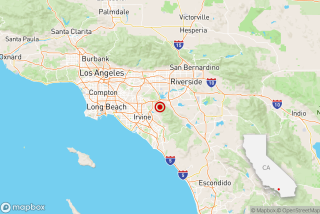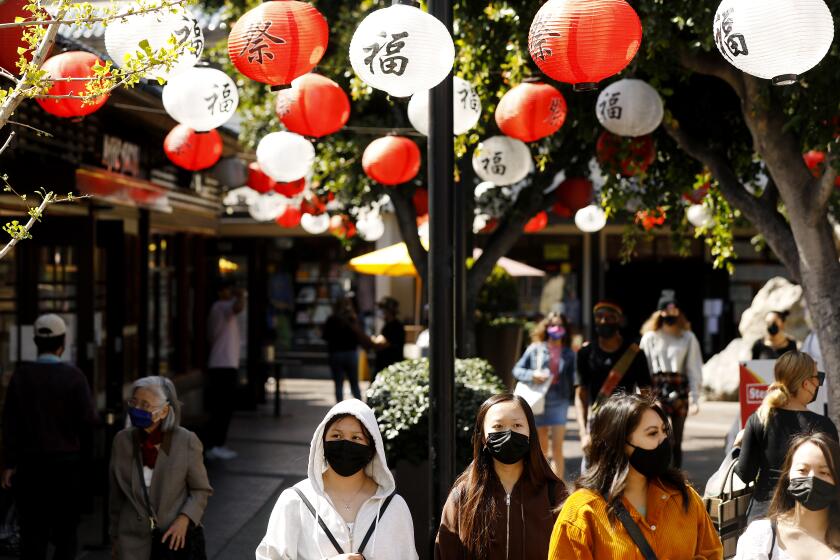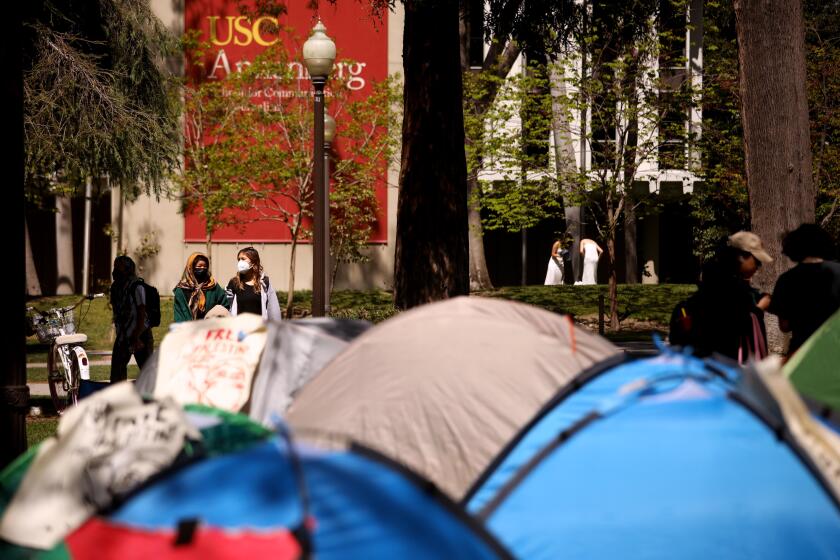Judge allows slowdown of pumps to protect smelt
The big federal pumps that were cranked up over the weekend to send more Northern California water south will be turned down Thursday in the ongoing tug of war between water exports and fish protections.
U.S. District Judge Oliver Wanger, who last week temporarily lifted pumping limits designed to protect migrating salmon in the Sacramento-San Joaquin River Delta, Wednesday declined to block similar curbs federal biologists say are necessary to save the imperiled delta smelt.
That means the U.S. Bureau of Reclamation will turn off one of the five pumps it uses to draw water from the delta east of San Francisco.
The U.S. Fish & Wildlife Service ordered the curbs after a small number of smelt were counted at the pumps this month, triggering federal Endangered Species Act protections for the native fish.
If more smelt die at the pumps in coming days, further reductions in water exports will be ordered.
San Joaquin Valley irrigation districts, which have sued the government to overturn the pumping restraints, said they would try again next week to get Wanger to lift them.
“We will be back in court next week. This is not the way to run a water project,” said Tom Birmingham, general manager of the giant Westlands Water District, which suffered severe delivery cuts last year because of the state drought and the pumping restrictions.
The pumping curbs, which can be triggered by a variety of conditions in the ecologically troubled delta, are part of the federal permits that govern operation of the federal and state water projects that use the delta as a conduit to ship water from California’s wet north to its arid south and the San Joaquin Valley.
The pumping operations have altered the delta’s hydrology, changing salinity levels and even reversing the direction of water flows.
Fish populations, including commercially valuable Chinook salmon and the smelt, have fallen to precarious levels. The state’s salmon industry has been devastated by two consecutive years of fishing bans due to dwindling numbers of salmon.
“The number of fish that show up dead at the pumps are the tip of the iceberg,” said Doug Obegi, staff attorney for the Natural Resources Defense Council, which is defending the fish protections in the court case. “It’s the reverse flow and the alteration of the hydrodynamics that cause so much harm.”
Reducing pumping reduces the harm. But it also means less water is going south to farms and cities at a time when the state’s three-year drought has cut deeply into water availability.
Jerry Johns, deputy director of the California Department of Water Resources, said the endangered species curbs are currently cutting the state’s pumping volumes roughly in half. The state operation did not ramp up pumping last weekend, Johns said, because it was still subject to limits under the state Endangered Species Act.
Westlands, the state’s largest irrigation district, has fought environmental limits on delta exports for years. On Wednesday, Birmingham complained that many times more smelt died last month when they were caught as part of a federal survey of the smelt population than were recently counted at the pumps.
But fish and wildlife spokesman Steve Martarano said the two figures were not comparable. The pump count “is just a small representation of what is actually taken at the pumps” and by project operations, he said. “It’s potentially hundreds of times larger.”
More to Read
Start your day right
Sign up for Essential California for news, features and recommendations from the L.A. Times and beyond in your inbox six days a week.
You may occasionally receive promotional content from the Los Angeles Times.







